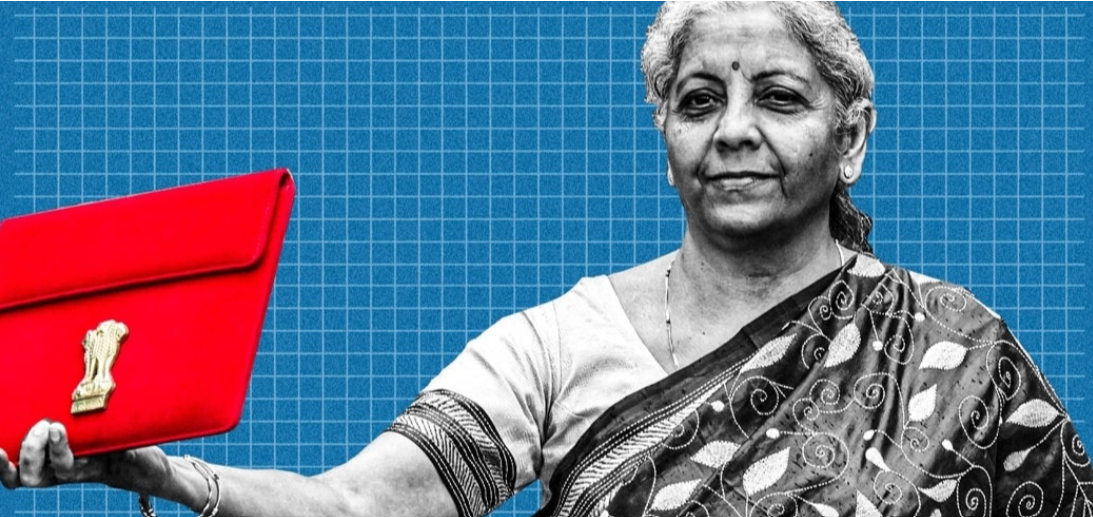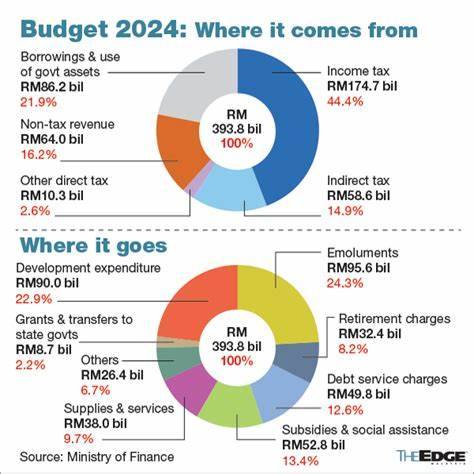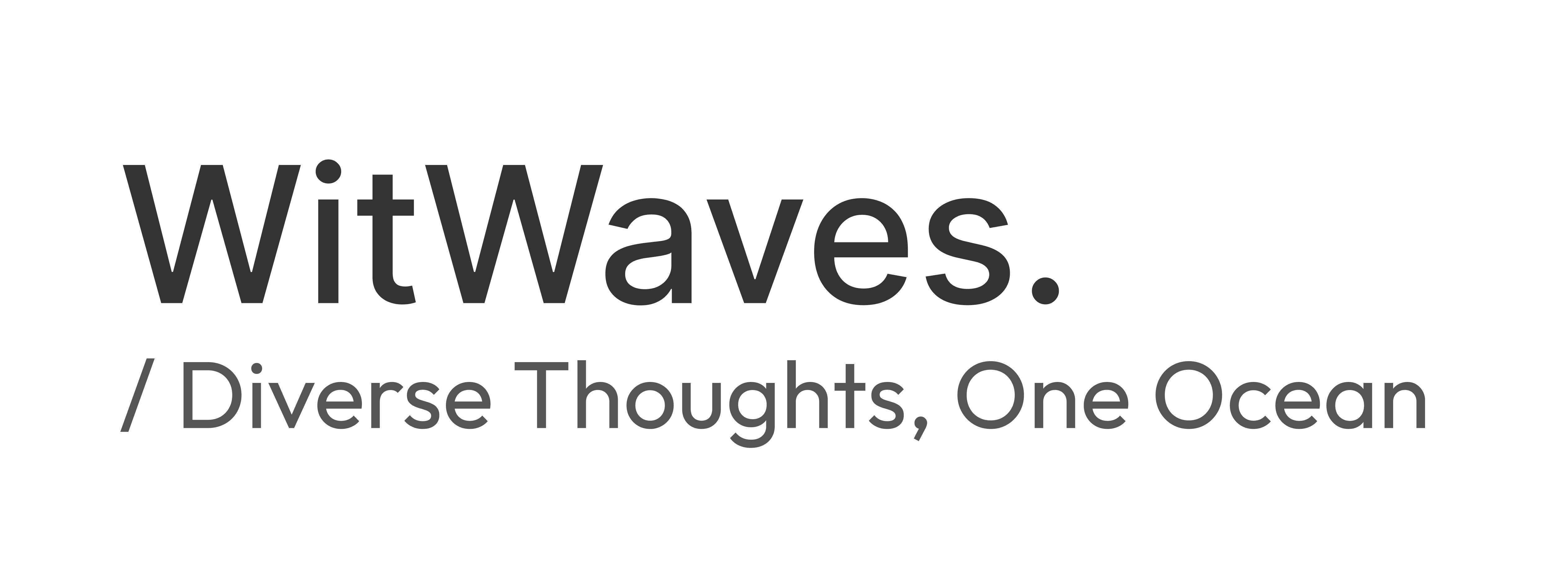"The Art of Budgetary Deception"
Introduced by Hon. Finance Minister, Mrs. Nirmala Sitharaman on 23rd July 2024 in the parliament, the 24-25 "Interim Budget" has faced severe criticism for the adoption of questionable taxation policies and for suspected indulgence in election gimmicks and political puppetry.
With a vision "Vikasit Bharat 2027", the budget aims to focus on 9 priorities: Productivity and Reliance in Agriculture, Employment and Skilling, Inclusive Human Development and Social Justice, Manufacturing and Services, Urban Development, Energy Security, Infrastructure, Innovation; Research and Development and Next Generation Reforms.
Let's have a look at the key highlights of the Budget 24-25.

Key Highlights:
Skilling and Employment
- Owing to the results of the Lok Sabha elections, the Union govt. is well aware that the youth is
- displeased with its performance in terms of employment generated.
- Thus, a total budget of Rs. 2 lakh crore is allocated to employment generating programs and skill development for around 4 crore youth over a period 5 years, focused on 9 priorities for assuring equitable distribution of benefits.
- Significant focus on supporting Micro, Small, Medium Enterprises (MSME). Initiatives such as expanded credit availability, interest free R&D loans etc. introduced.
Primary Sector
- An allocation of about Rs. 1.5 lakh crore for the primary sector.
- Emphasis on natural farming and industrial training institutes.
- Introduction of climate resilient crop varieties including 109 HYVs.
- Financial assistance to over 10 crore farmers under PM-KISAN scheme.
- Crop insurance extended to 4 crores through PM FBY (Fasal Bima Yojana).
Taxation and Duties (Income, Angel Tax, STCG, LTCG and Custom Duties)
- The budget introduced a significant change in taxation policies.
- The Standard Deduction for the old income tax regime, for salaried individuals was increased from Rs.50,000 to Rs.75,000.
- The Angel tax has been abolished implying a relief to new startups.
- The duration of short-term capital changed from a holding period of less than one year to a holding period of less than 2 years.
- The STCG tax increased from 15%-20%.
- The LTCG tax increased from 10%-12.5%.
- A relief to the corporate sector, since the tax on corporate dividends and profits has been decreased from 40% to 35%.
- The custom duty on gold and silver reduced to 6%, from a previous high of 15%.
- Custom Duty on platinum reduced to 6.4%.
- Significant changes impacting Real Estate Investment Trusts and Infrastructure Investment Trusts.
New Policies:
- Launch of PM Awas Yojana 2.0 with a budget of around Rs. 2.66 Lakh Crore allocated to rural development.
- A new bank privatization policy introduced.
- Development Finance Institution (DFI) established with an initial capital of Rs 20,000 crore.
- A total of 10,000 crore for the National Clean Air Program.
- Aims at achieving "net zero" by 2070.
- PM Gati Shakti program introduced for the development of Railway Corridors.
Healthcare and Education:
- Rs. 1.12 lakh crore and Rs 64,180 allocated for education and healthcare infrastructure.
- For the effective implementation of NEP, 15,000 government schools to be strengthened.
- Establishment of 17 new medical colleges across the country.
- Ayushman Bharat or the Jan Aarogya Joyana expanded to include more beneficiaries.
Technology and Infrastructure:
- Emphasis on electric vehicles' importance along with the creation of a National Hydrogen Mission.
- National Mission on Quantum Technologies and Applications allocated a total budget of Rs. 8,000 crores.
- A huge focus on infrastructure; Construction of 7,000 km planned aided by budget allocation of Rs 1.97 Lakh crore.
Estimates:
- A sum total of revenue and capital expenditure of around Rs 48.21 Lakh crore.
- Total capital (excluding borrowings) and revenue receipts estimated to be around Rs. 32.07 lakh crore.
- Highest contributor to the receipts, net tax receipts estimated at Rs. 25.83 lakh crore.
- Compared to a manageable fiscal deficit standard of 3%, the fiscal deficit estimate stood at around 4.9% of GDP, a sign of budgetary indiscipline.
- A subject of uproar in the parliament, the budget allocates a total of Rs 3.46 lakh crore and Rs. 2.79 lakh crore to the States of Karnataka and Bihar respectively.

Source: Money Control - The Reset Budget 2024
The budget also provided with some provisions facilitating social welfare (including pensions and ECTSS), promoting women empowerment (Nari Shakti) etc.
Industry experts have had varying opinion on the budget 24-25, with certain sections applauding its initiatives while others expressing reservations.
Related Articles
Loading related articles...

Comments (0)
Please log in to post a comment.
No comments yet. Be the first to comment!